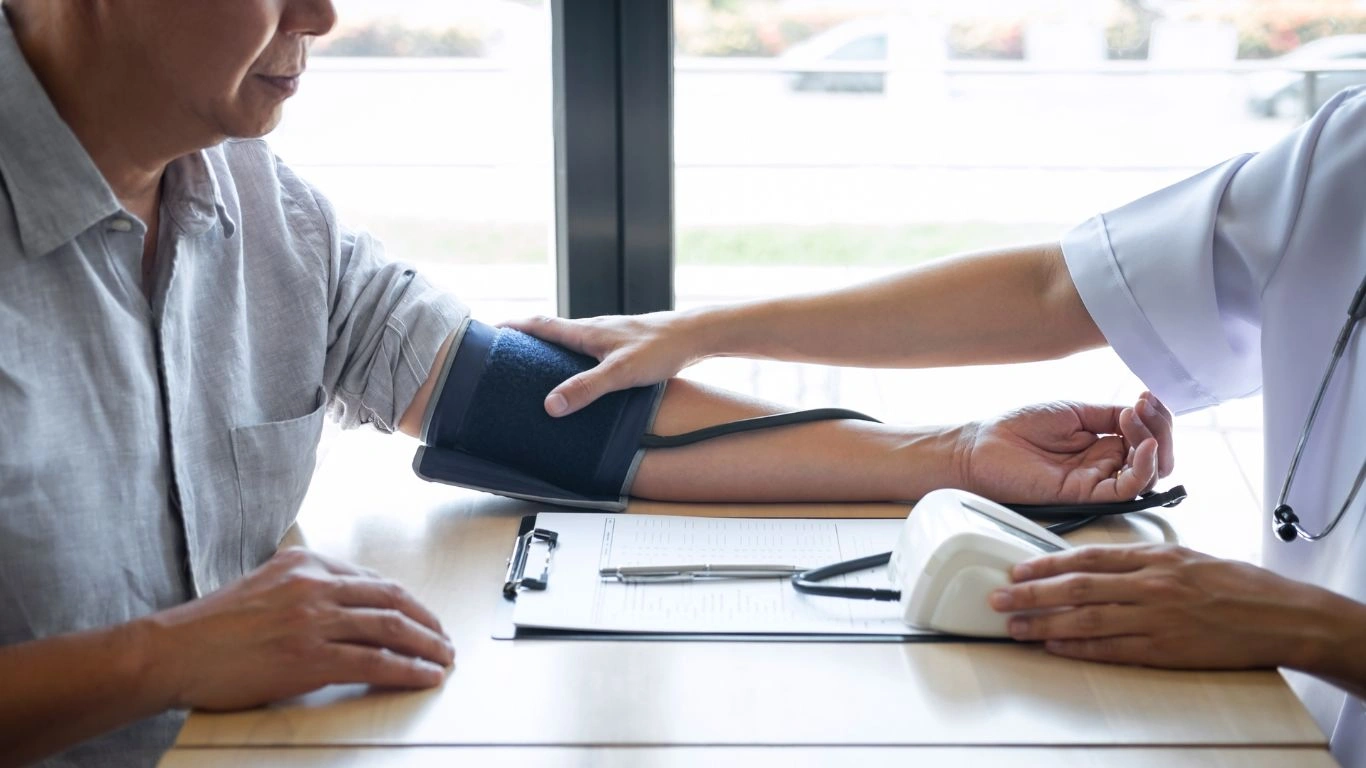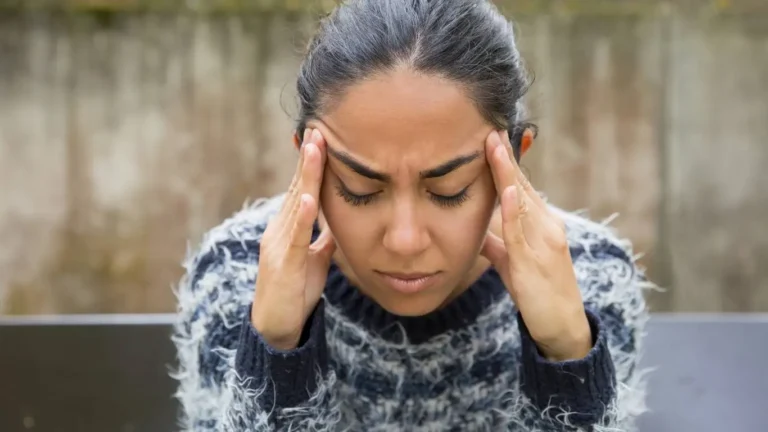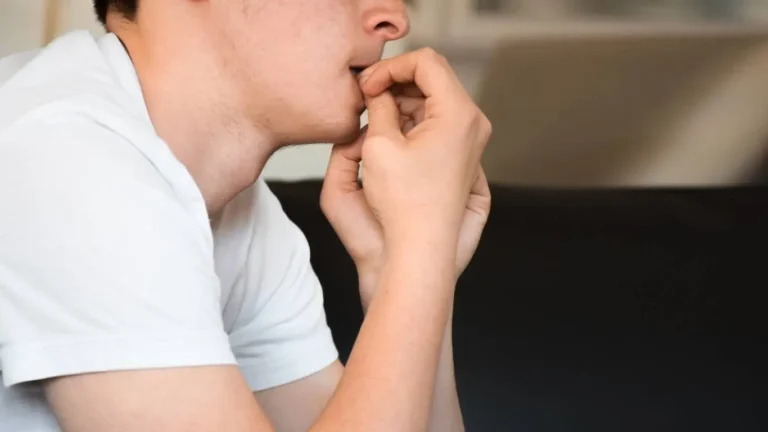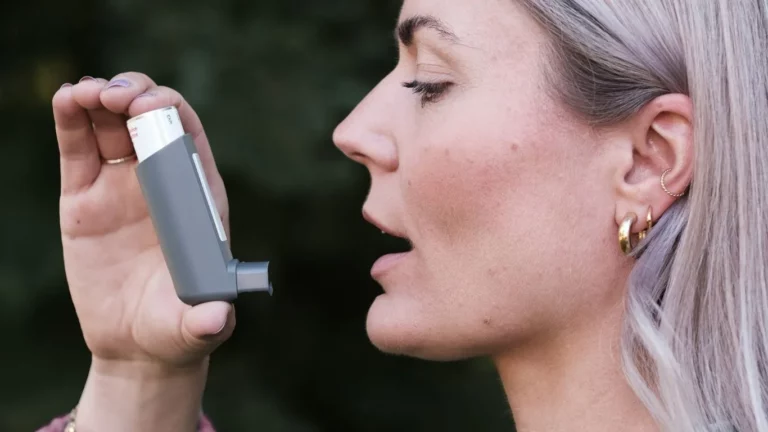Blood Pressure and Chest Tightness Symptoms: When to Worry
If you’ve ever felt that strange combination of blood pressure and chest tightness symptoms, you’re not alone—and as an internal medicine physician who manages hypertension day in and day out, I can tell you this: it’s something we shouldn’t ignore. I’ve had countless patients walk into my office brushing off mild pressure in their chest, only to find their blood pressure was creeping into dangerous territory. It’s a symptom combo that often flies under the radar until it becomes a major problem. Let’s unpack it, one real-world layer at a time—no jargon, just straight talk from someone who sees this all the time.
What Blood Pressure and Chest Tightness Really Mean
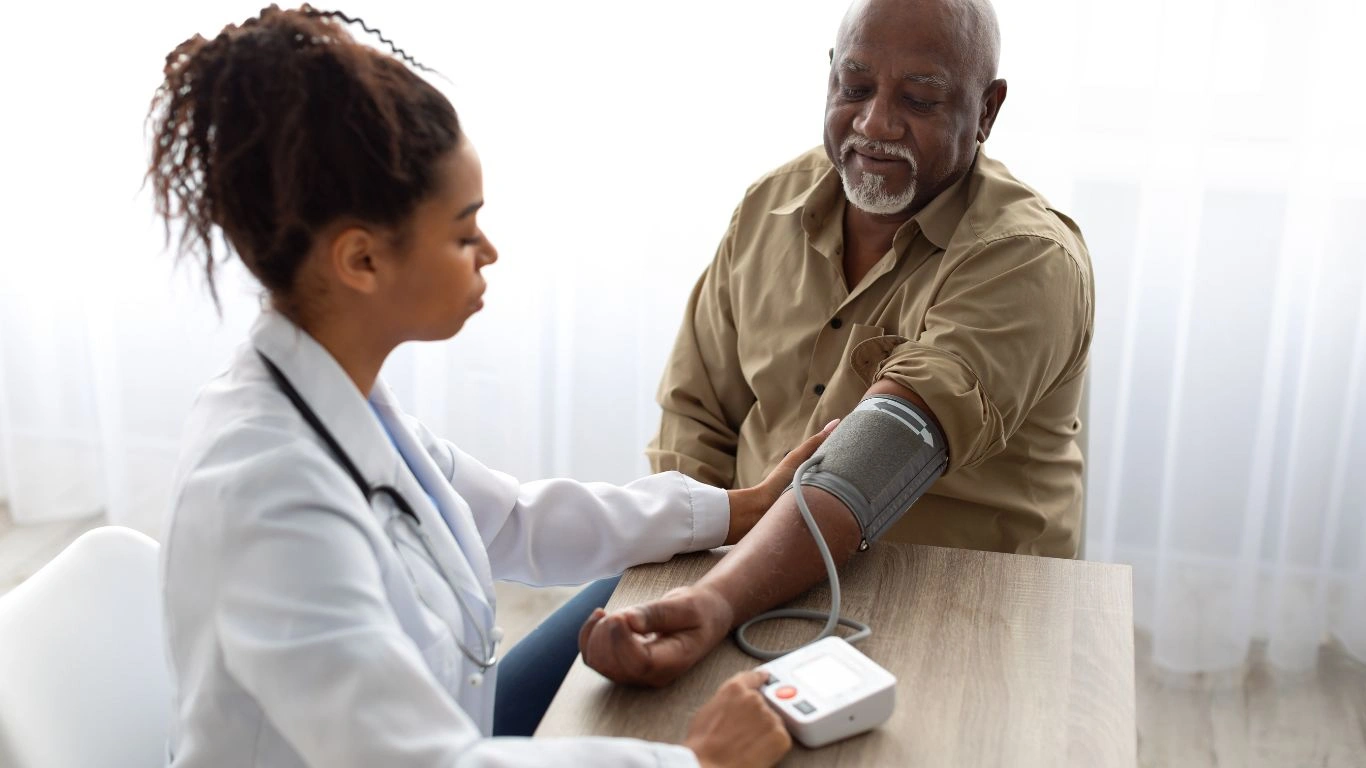
First things first—chest tightness isn’t always what you think. It’s not always the dramatic, crushing pain you see in movies. For a lot of folks, it feels like someone is sitting on your chest or like you just can’t get a deep breath. Now, when this is paired with elevated blood pressure? That’s your body waving a red flag.
Hypertension, especially when it goes unchecked, puts serious strain on your heart and blood vessels. It’s like forcing water through a hose at high pressure—the walls eventually weaken or burst. That chest tightness might be your heart saying, “Hey, I’m working overtime here!”
Common Causes of This Symptom Combo
- Stress and Anxiety: You’d be amazed how many people experience tightness in their chest during periods of emotional stress. And guess what? That stress also spikes blood pressure.
- Uncontrolled Hypertension: I’ve had patients with 180/110 readings who had no clue anything was wrong—until the tightness started creeping in.
- Heart Conditions: Conditions like left ventricular hypertrophy or angina can absolutely manifest this way. It’s not always a full-blown heart attack—but it’s still a warning sign.
- Medication Side Effects: Some antihypertensive drugs can cause chest discomfort or even worsen existing symptoms if not well-matched.
Why You Shouldn’t Shrug Off Chest Tightness
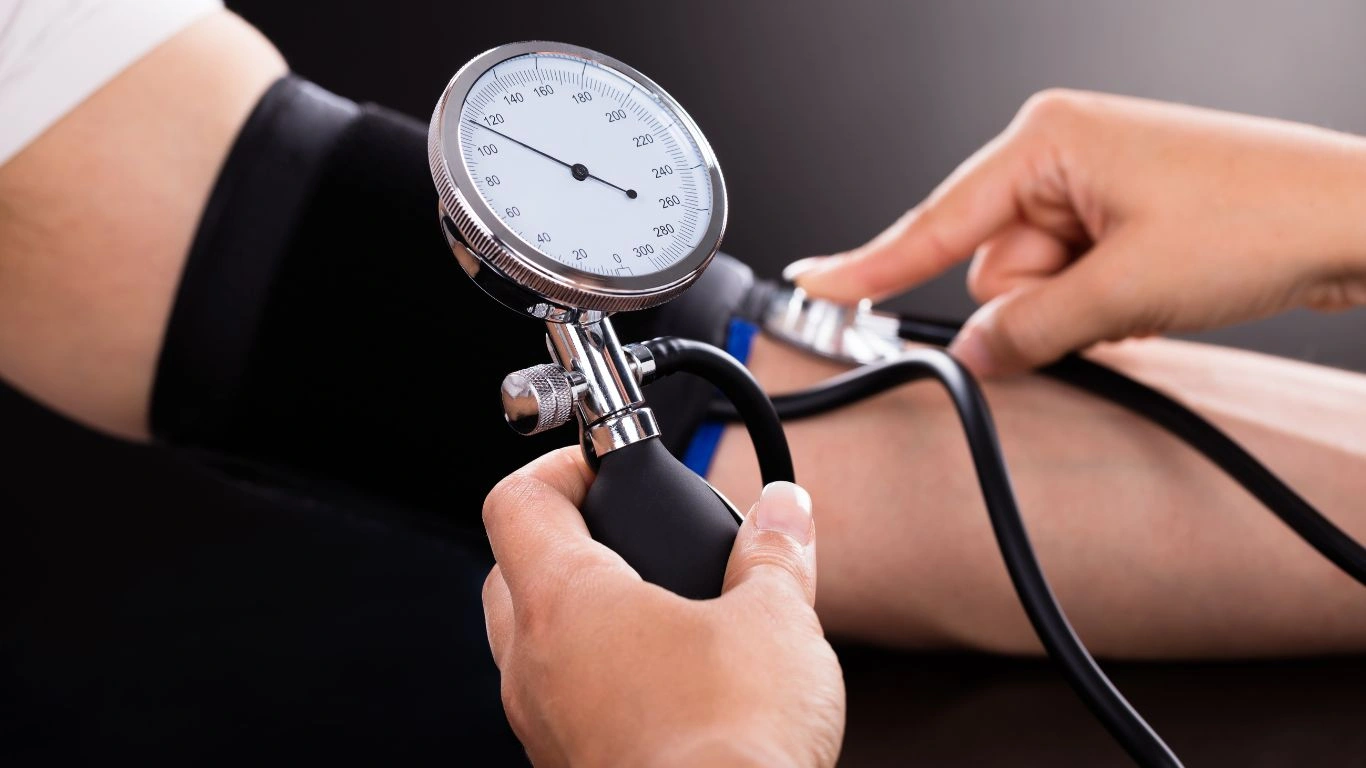
Here’s the thing—our bodies are smarter than we give them credit for. When it sends you a signal like chest tightness, especially alongside high blood pressure, it’s trying to protect you. Think of it like a dashboard warning light.
I once had a patient—mid-40s, healthy-looking, very active—who came in just because his Apple Watch showed a spike in his BP. He mentioned a “slight pressure” in his chest but chalked it up to indigestion. Turns out, he was having a silent myocardial infarction. That’s not to scare you, but to underscore just how deceptive these symptoms can be.
How to Tell If It’s Serious
- Duration: Is it brief or persistent? Lasting more than a few minutes deserves a check-up, no question.
- Associated Symptoms: Look out for shortness of breath, dizziness, nausea, or pain radiating to your arm or jaw. That’s ER territory.
- Blood Pressure Reading: If you’re consistently getting readings above 140/90, and you’ve got tightness? Time to call your doc.
We’ve all been guilty of ignoring symptoms—especially when life gets busy. But chest tightness paired with high blood pressure? That’s your cue to slow down and listen. I always tell my patients: you’d rather check early and find nothing than ignore it and miss something big.
When Blood Pressure Creeps Up Quietly

One of the trickiest things about hypertension is how sneaky it can be. A lot of people don’t feel any different at all, even when their numbers are sky-high. That’s why we call it the “silent killer.” But every now and then, your body does throw you a bone with a symptom—like tightness in the chest.
These signals aren’t always obvious. In my clinic, I often hear phrases like, “It’s probably just stress” or “I thought it was my acid reflux acting up.” And sometimes, they’re right. But when paired with high BP readings, it’s a clue worth following.
Especially if you’re over 40, have a family history of hypertension, or lead a high-stress lifestyle, don’t wait for symptoms to get worse before taking action. Start by tracking your blood pressure regularly and noting any chest discomfort—even if it’s mild. That pattern can tell your doctor (or you) a lot.
What Your Blood Pressure Is Trying to Tell You
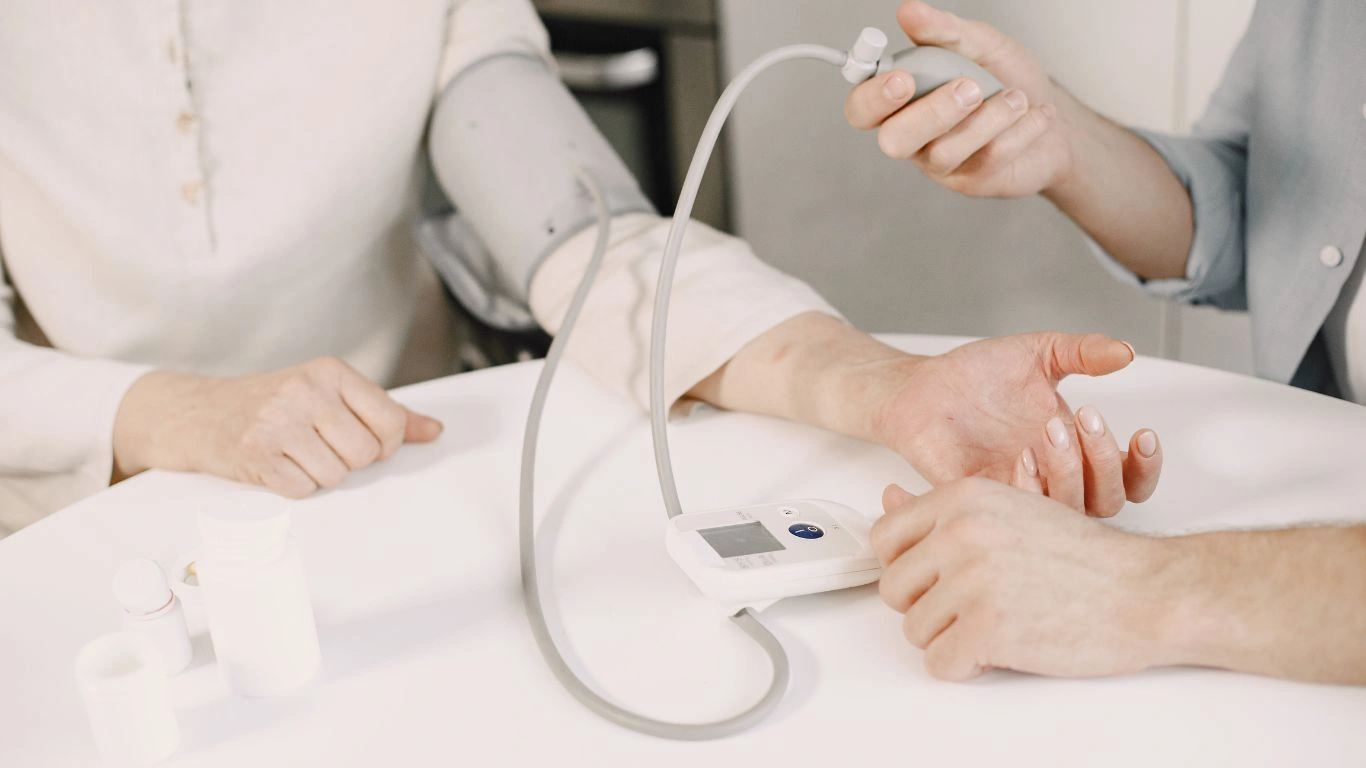
So let’s dig into what’s really happening when your blood pressure is elevated and you’re dealing with chest tightness. Your cardiovascular system isn’t just reacting randomly—this is communication. It’s your body’s version of blinking hazard lights. And believe me, the longer I’ve practiced internal medicine, the more I’ve learned to respect these quiet alerts.
When your BP is high, your heart has to pump harder to circulate blood. Over time, that pressure can cause the heart’s muscle to thicken, particularly the left ventricle. That thickening doesn’t make your heart stronger—it makes it stiffer. It loses some of its flexibility, and that can lead to—you guessed it—chest tightness. It’s not just discomfort. It’s the symptom of a system straining to function.
Does High Blood Pressure Always Cause Chest Tightness?
Not necessarily. This is one of the most frustrating things about hypertension. Some people walk around with readings over 160/100 and feel fine. Others might notice symptoms even when their numbers aren’t sky-high. That’s why context matters—your medical history, your lifestyle, and your symptom patterns all play a role.
For example, I had a patient in her early 50s who started experiencing mild chest discomfort after stressful meetings. Her BP would shoot up temporarily, but by the time she got home and checked, it was back down. She almost didn’t mention it during our visit, but when she did, we dug deeper and found early signs of coronary artery disease. Catching it early made all the difference.
When Chest Tightness Becomes an Emergency

Let me be clear: chest tightness should always be taken seriously. Even if you think it’s just stress, even if it seems to pass—get it checked out. Especially if you have high blood pressure. There’s a line between “monitor this” and “get help now,” and here are some red flags to watch for:
- Chest pain that radiates: To your arms, jaw, neck, or back—classic warning signs.
- Shortness of breath: Especially if it feels sudden or comes on without exertion.
- Nausea or cold sweat: These are sneaky symptoms, but common in women especially.
- Feeling lightheaded or faint: This could mean your heart isn’t pumping efficiently.
In my practice, I’ve seen people hesitate because their symptoms felt “mild.” One patient, a 60-year-old man with a history of borderline BP, waited two days before coming in with intermittent chest tightness. It turned out he had a partial blockage in a coronary artery. That delay could’ve been fatal. Thankfully, he recovered—but not everyone gets that second chance.
Everyday Triggers You Might Overlook

Now, let’s talk about the day-to-day stuff that can sneak up on you. I always tell my patients that managing blood pressure isn’t just about medication. It’s about knowing your triggers—the hidden ones that mess with your numbers and your chest.
Top Lifestyle Triggers That Worsen Both Symptoms
- Salt overload: We all know salty food is bad for BP, but it’s shocking how much sodium is hiding in “healthy” foods like canned soups or deli meats.
- Dehydration: Not drinking enough water can raise BP and cause a strange tight sensation in your chest and muscles.
- Caffeine sensitivity: Some people react strongly to that second or third cup of coffee—it can cause palpitations, pressure, and anxiety.
- Over-the-counter meds: Decongestants, NSAIDs, even some herbal supplements can spike your BP or interact with your meds.
One of my regular patients, a retired teacher, was doing everything right—diet, exercise, meds. But she started experiencing chest tightness again. Turned out, she had started taking an “all-natural” cold remedy that raised her blood pressure significantly. She thought because it was herbal, it was safe. A quick med review and we caught it in time.
When to Monitor vs. When to Act

Not every chest discomfort paired with high BP is a trip to the ER—but it does mean you need a plan. Here’s what I usually advise my patients:
- Keep a blood pressure log: Jot down time of day, readings, and symptoms. Patterns matter more than isolated numbers.
- Track your symptoms: Is the chest tightness worse after meals? Stressful calls? First thing in the morning?
- Don’t rely on memory: In the office, people often forget what symptoms felt like or when they started. Notes help a ton.
- Know your emergency limits: If BP is consistently over 180/120, or symptoms are sudden and severe—get immediate care.
At the end of the day, you know your body better than anyone else. But don’t let fear—or overconfidence—cloud your judgment. Blood pressure and chest tightness symptoms are your body’s way of tapping you on the shoulder. Don’t ignore that tap until it becomes a shove.
Practical Steps to Manage Blood Pressure and Chest Tightness Symptoms

Alright, let’s talk about what you can actually do when you’re dealing with blood pressure and chest tightness symptoms. As someone who’s been in the trenches with patients facing these issues, I can tell you that small, consistent changes often make the biggest difference.
1. Embrace the DASH Diet
The Dietary Approaches to Stop Hypertension (DASH) diet is a well-researched eating plan that emphasizes fruits, vegetables, whole grains, and lean proteins. It’s low in saturated fat, cholesterol, and sodium. Incorporating this diet can help lower blood pressure and reduce the risk of heart disease.
2. Regular Physical Activity
Engaging in regular physical activity, such as brisk walking, cycling, or swimming, can help lower blood pressure and strengthen the heart. Aim for at least 150 minutes of moderate-intensity exercise per week.
3. Monitor Your Blood Pressure at Home
Keeping track of your blood pressure readings at home can provide valuable insights into your health. It helps in identifying patterns and triggers, allowing for timely interventions. Ensure you use a validated monitor and follow proper techniques for accurate readings.
4. Manage Stress Effectively
Chronic stress can contribute to elevated blood pressure and chest tightness. Techniques such as deep breathing exercises, meditation, yoga, and engaging in hobbies can help manage stress levels.
5. Limit Alcohol and Caffeine Intake
Excessive consumption of alcohol and caffeine can raise blood pressure. Moderation is key. If you notice that these substances trigger chest tightness or palpitations, consider reducing or eliminating them from your diet.
6. Quit Smoking
Smoking damages blood vessels and accelerates the hardening of arteries, leading to increased blood pressure and heart-related issues. Quitting smoking can significantly improve cardiovascular health.
7. Adhere to Medication Regimens
If prescribed antihypertensive medications, it’s crucial to take them as directed. Skipping doses or discontinuing medication without consulting your healthcare provider can lead to uncontrolled blood pressure and associated complications.
Understanding When to Seek Immediate Medical Attention
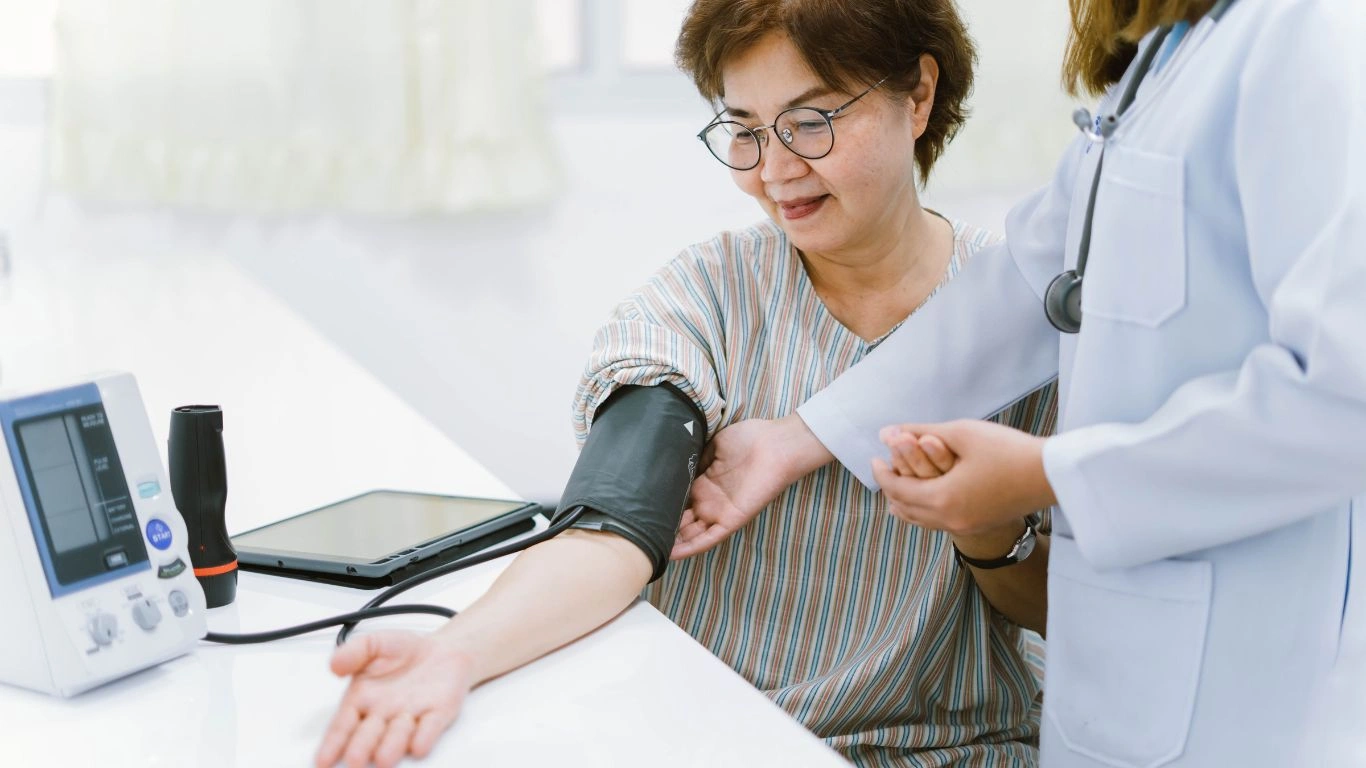
While lifestyle modifications are essential, it’s equally important to recognize when symptoms warrant immediate medical attention. If you experience any of the following, seek emergency care:
- Chest pain or tightness that is severe, persistent, or radiates to the arms, neck, jaw, or back.
- Shortness of breath, especially if it occurs suddenly or is accompanied by chest discomfort.
- Fainting, dizziness, or lightheadedness.
- Sudden vision changes or difficulty speaking.
- Swelling in the legs, ankles, or feet.
These symptoms could indicate serious conditions such as a heart attack, stroke, or hypertensive crisis. Prompt medical intervention is crucial in such scenarios.
References
- American Heart Association: High Blood Pressure
- Mayo Clinic: Angina – Symptoms and Causes
- NHS: Chest Pain
- Verywell Health: Causes of Chest Tightness and How to Manage Them
- European Heart Journal: 2024 ESC Guidelines for the Management of Elevated Blood Pressure
Disclaimer
This article is for informational purposes only and does not substitute professional medical advice. Always consult with a qualified healthcare provider regarding any medical concerns or conditions. If you experience severe or persistent symptoms, seek immediate medical attention.

Dr. Gwenna Aazee is a board-certified Internal Medicine Physician with a special focus on hypertension management, chronic disease prevention, and patient education. With years of experience in both clinical practice and medical writing, she’s passionate about turning evidence-based medicine into accessible, actionable advice. Through her work at Healthusias.com, Dr. Aazee empowers readers to take charge of their health with confidence and clarity. Off the clock, she enjoys deep dives into nutrition research, long walks with her rescue pup, and simplifying medical jargon one article at a time.

